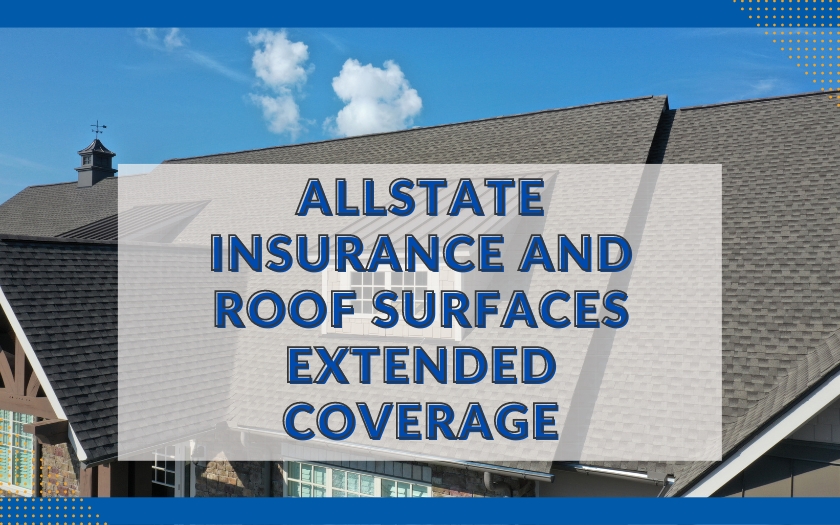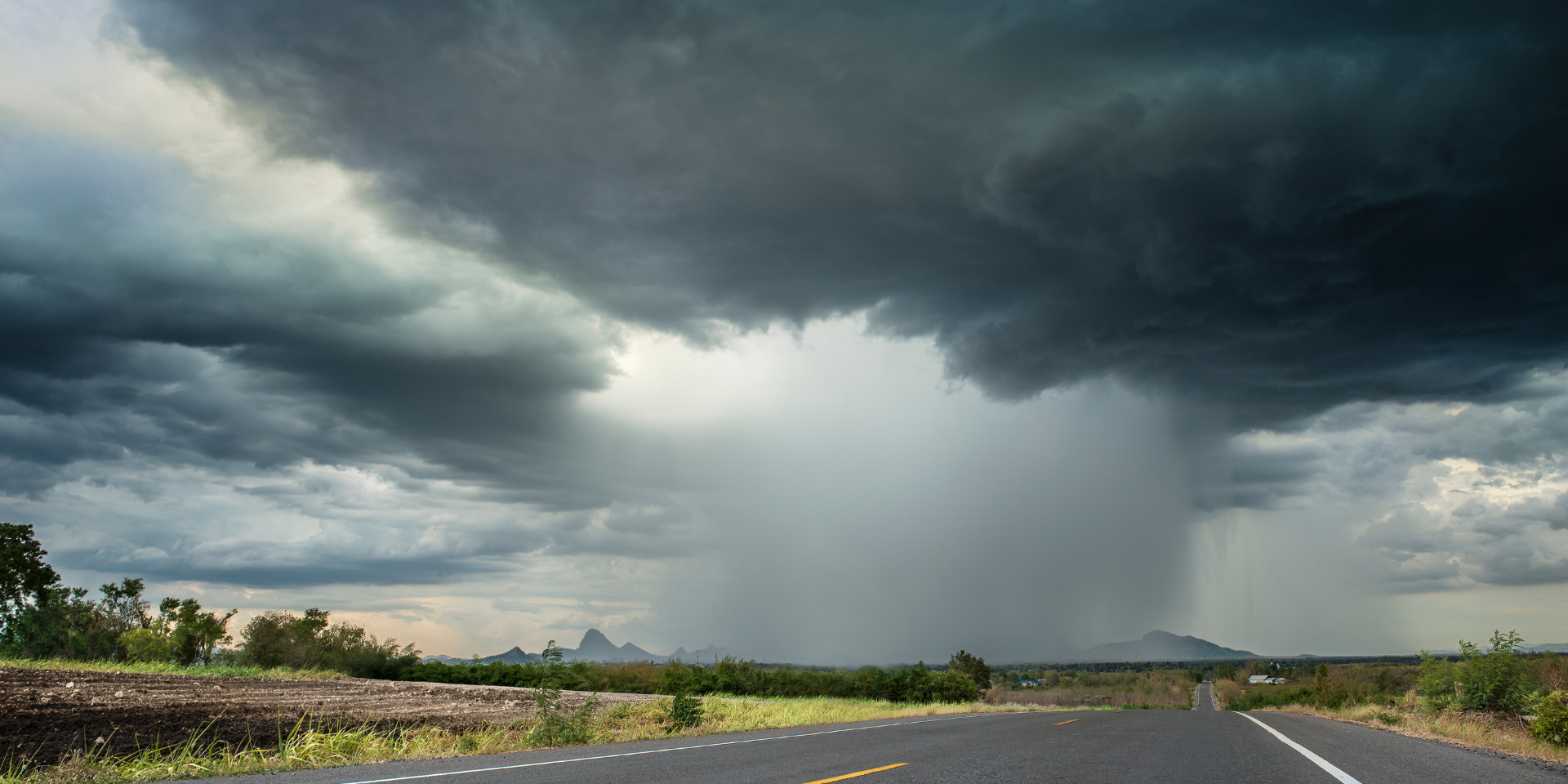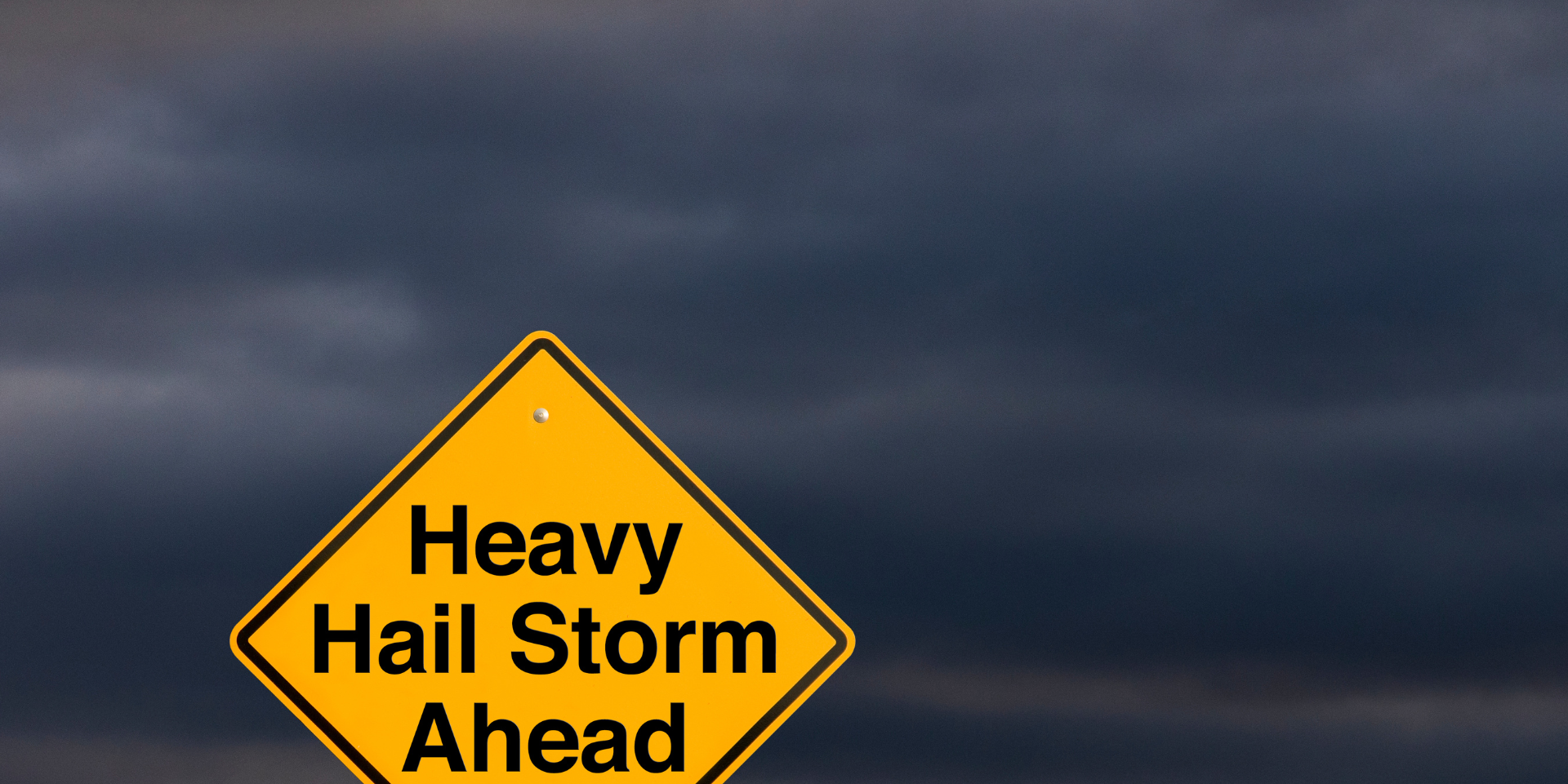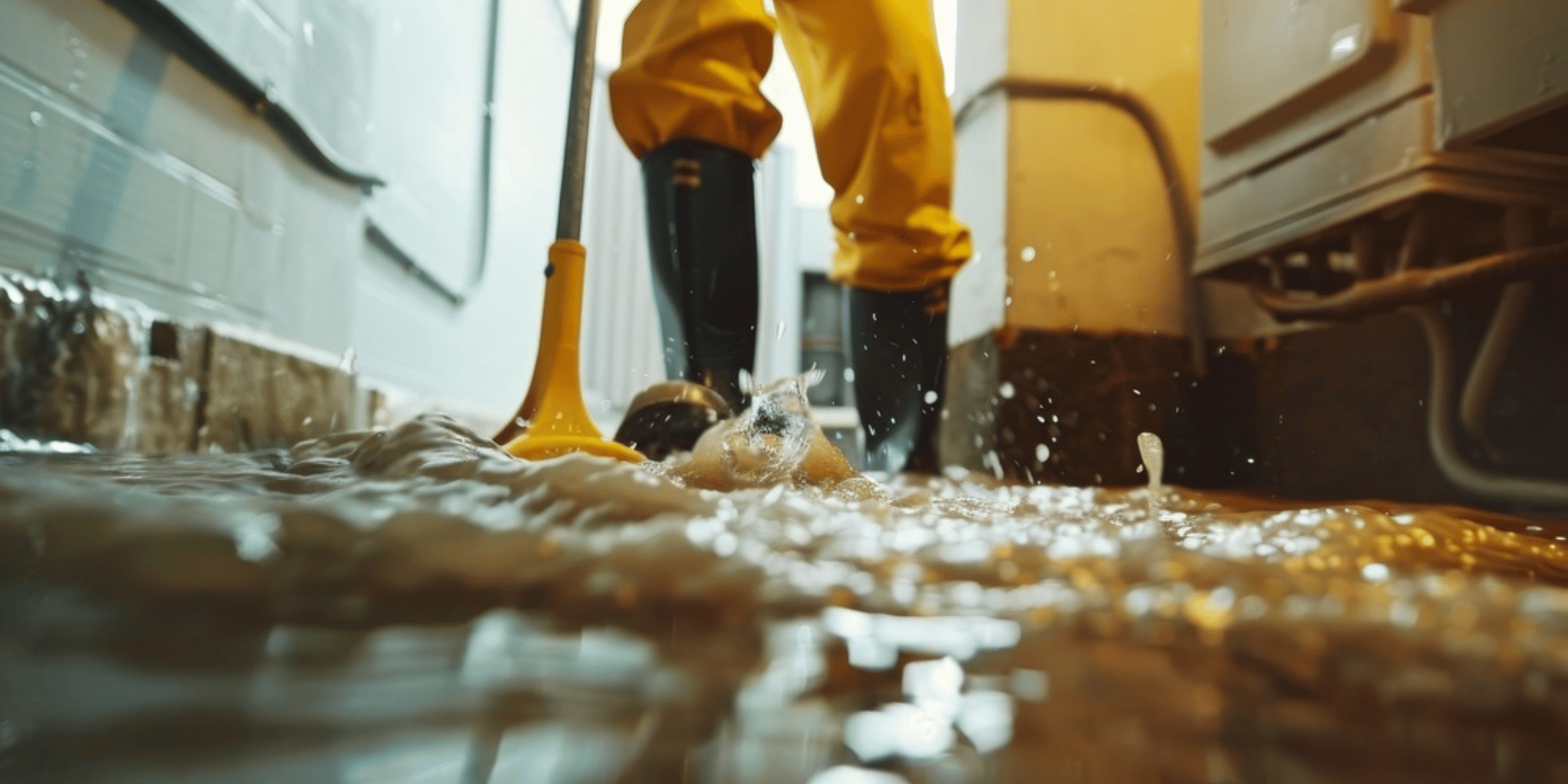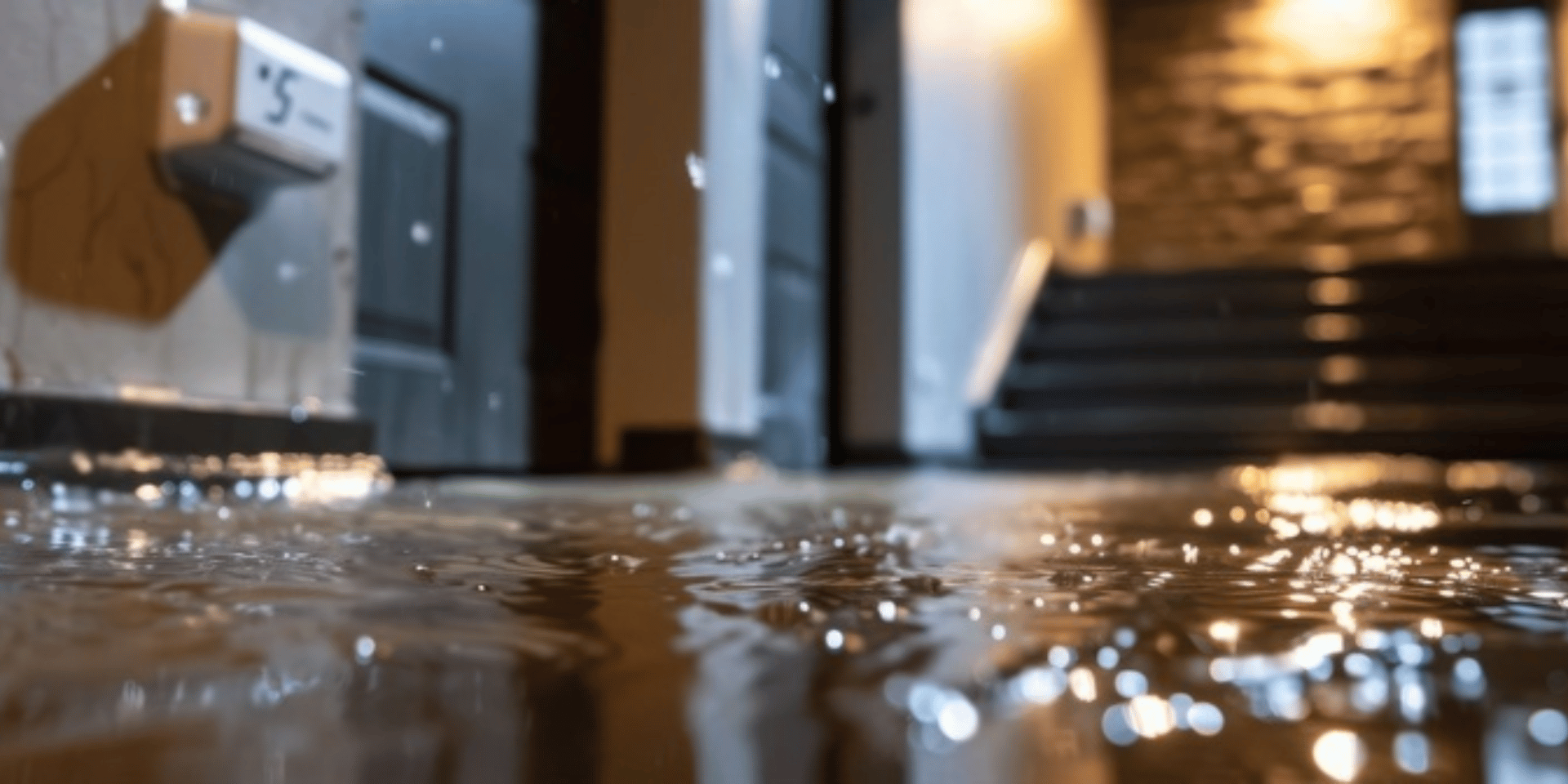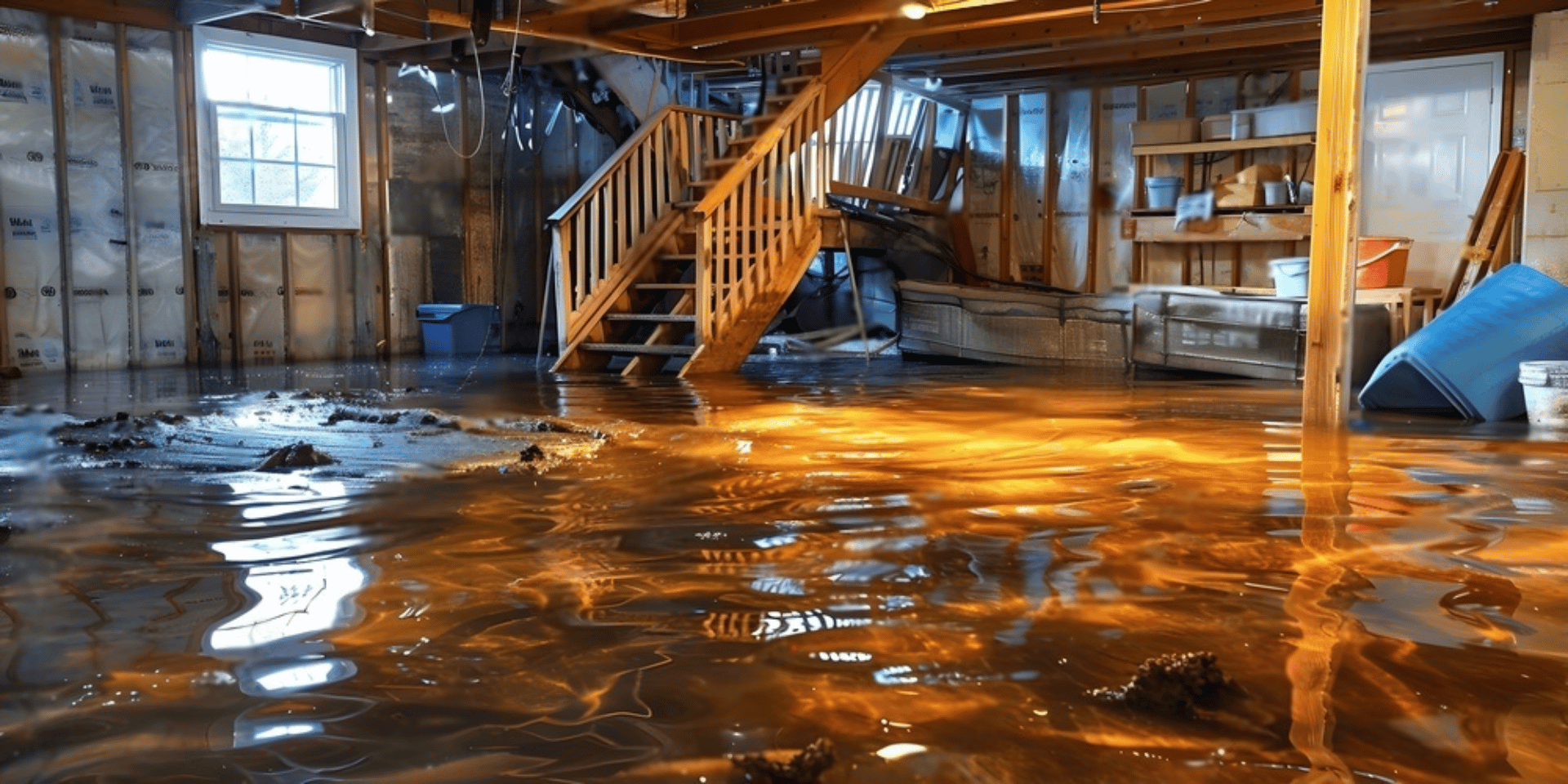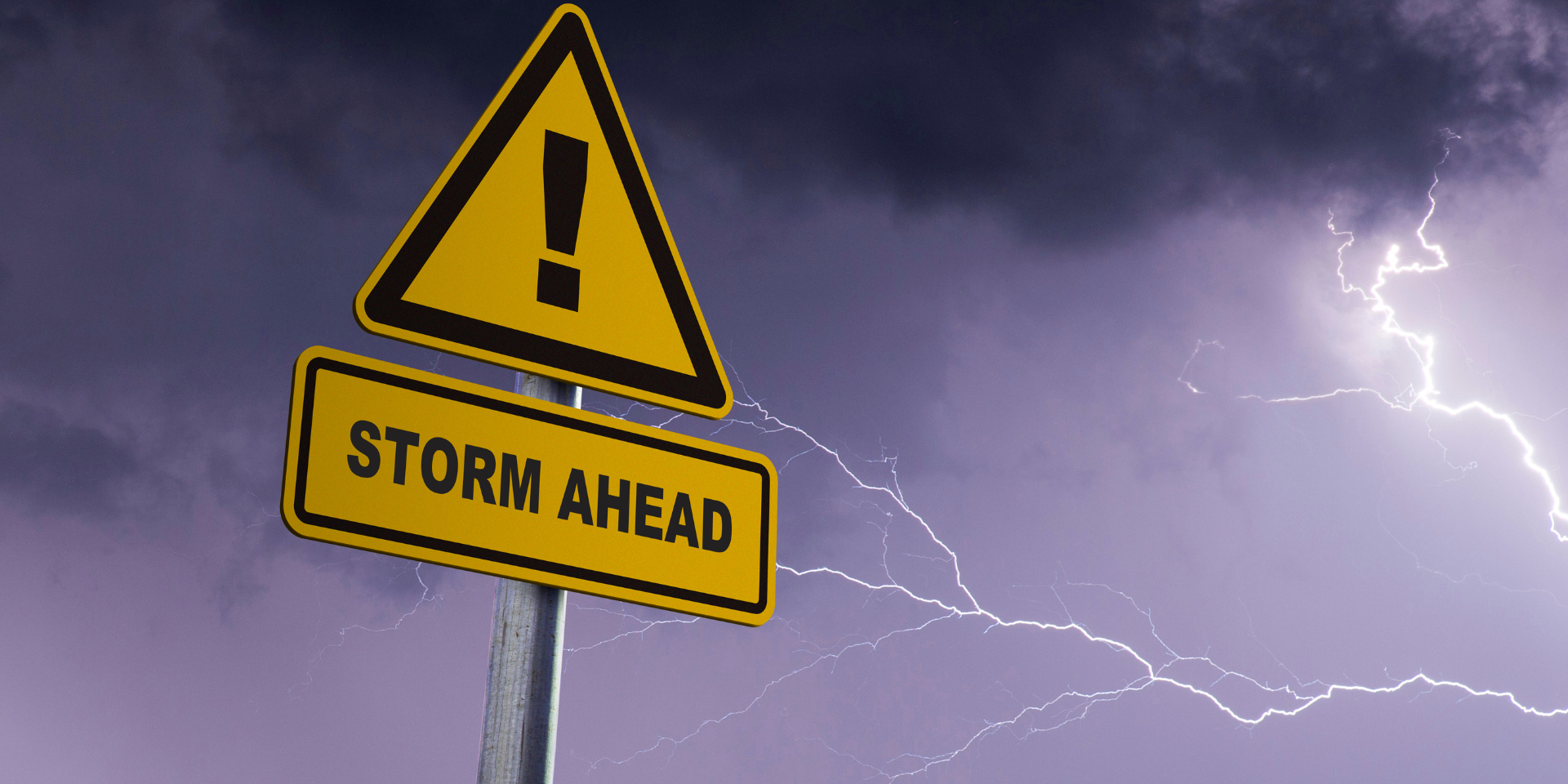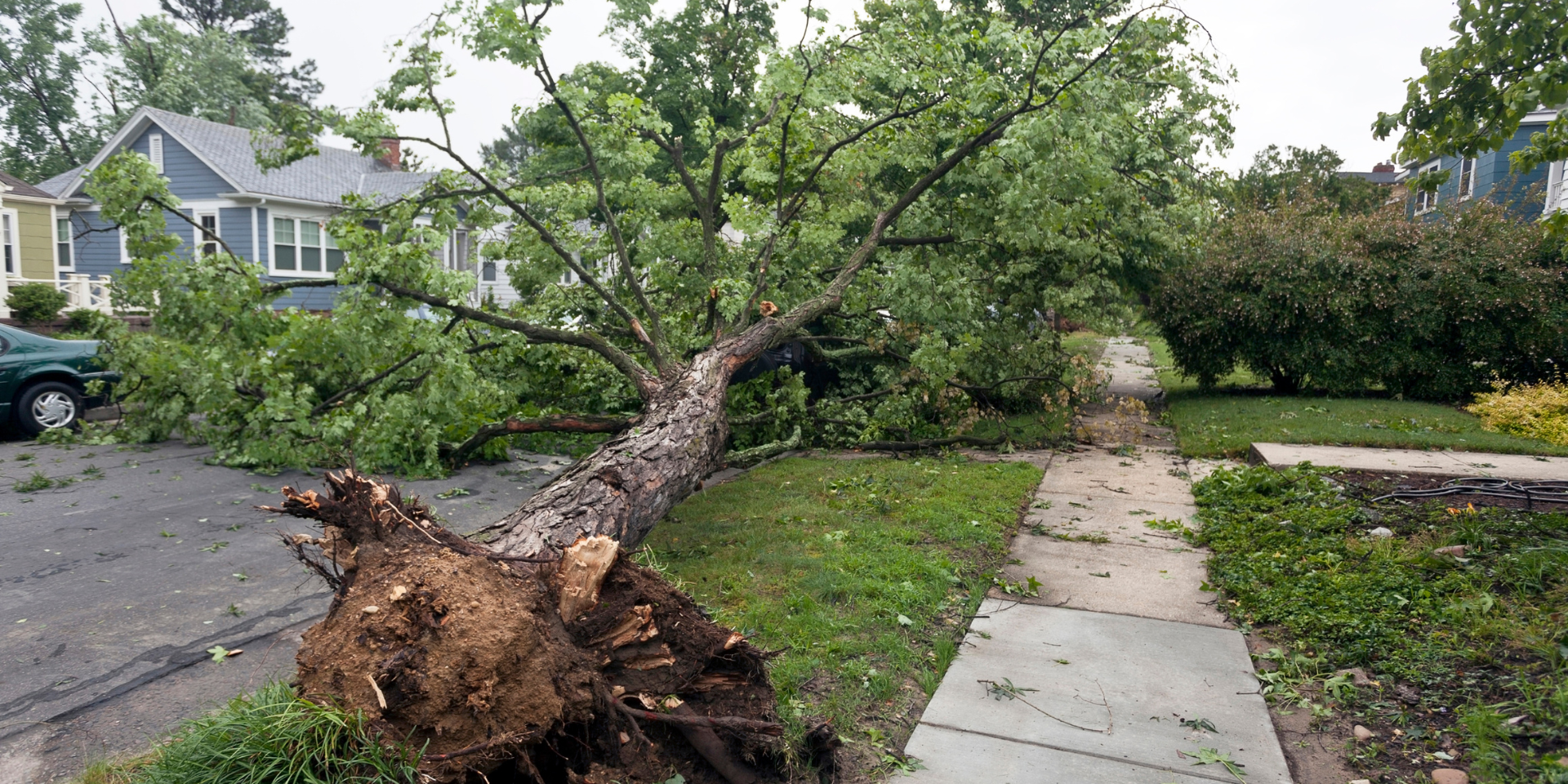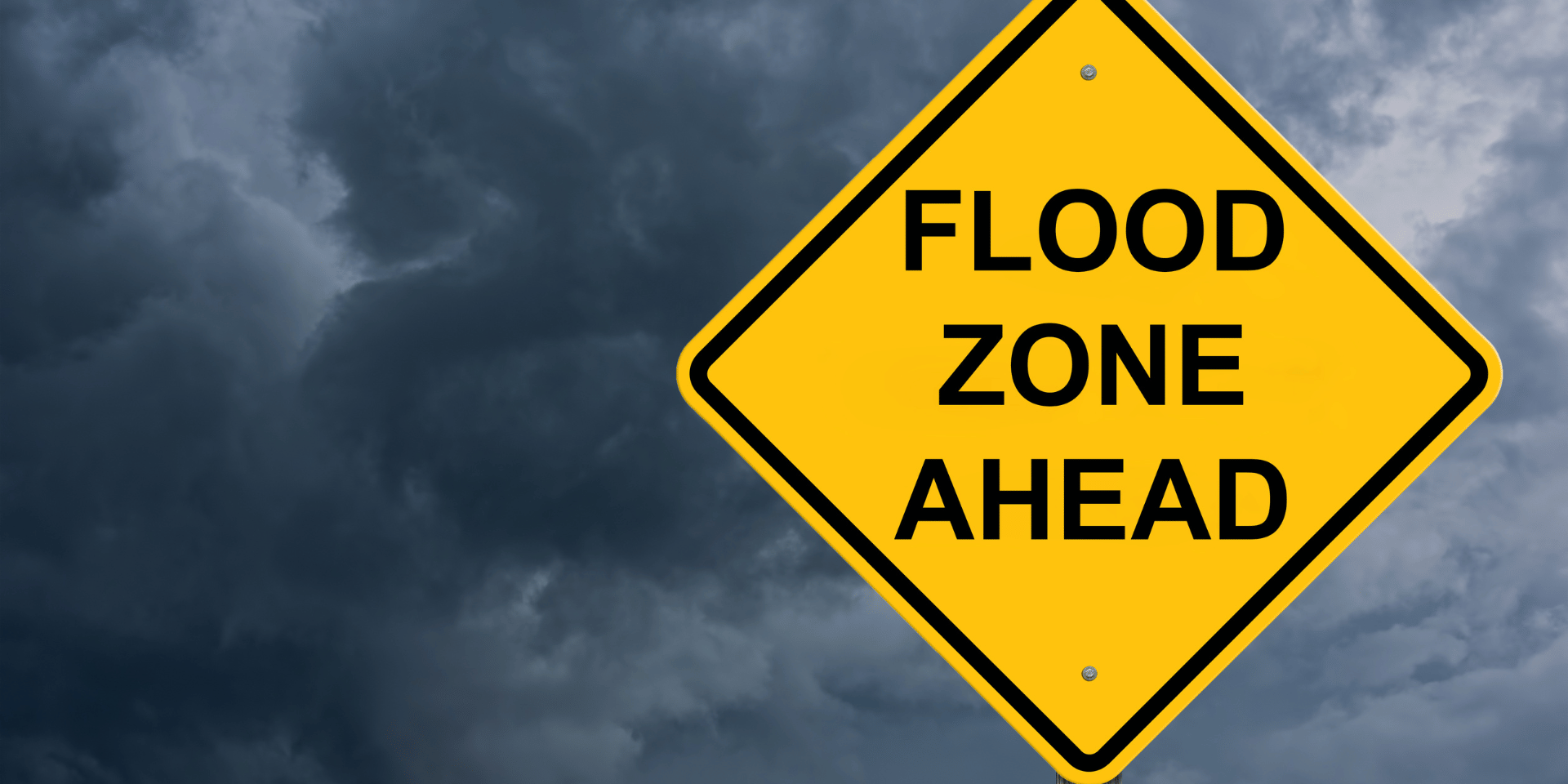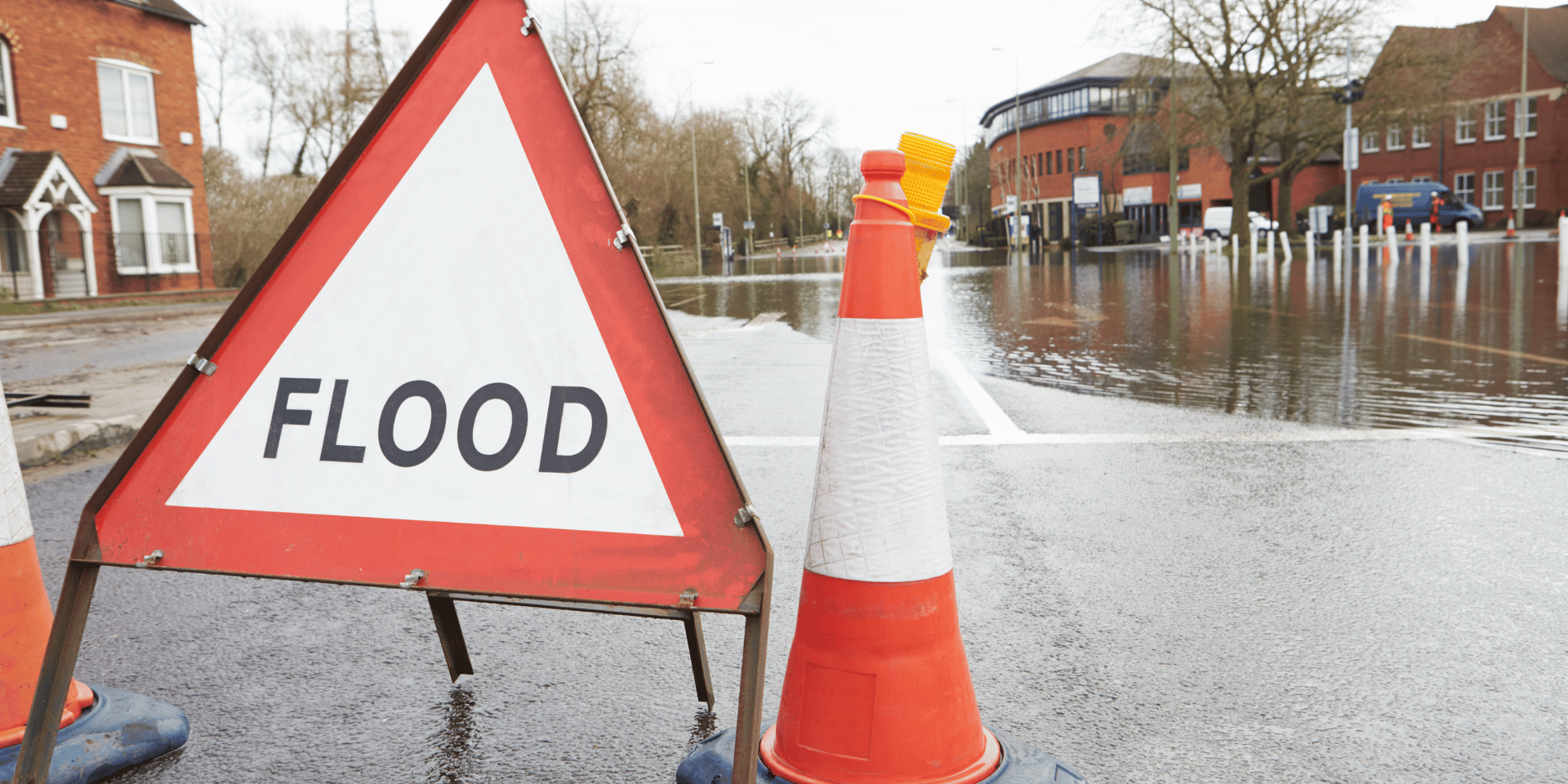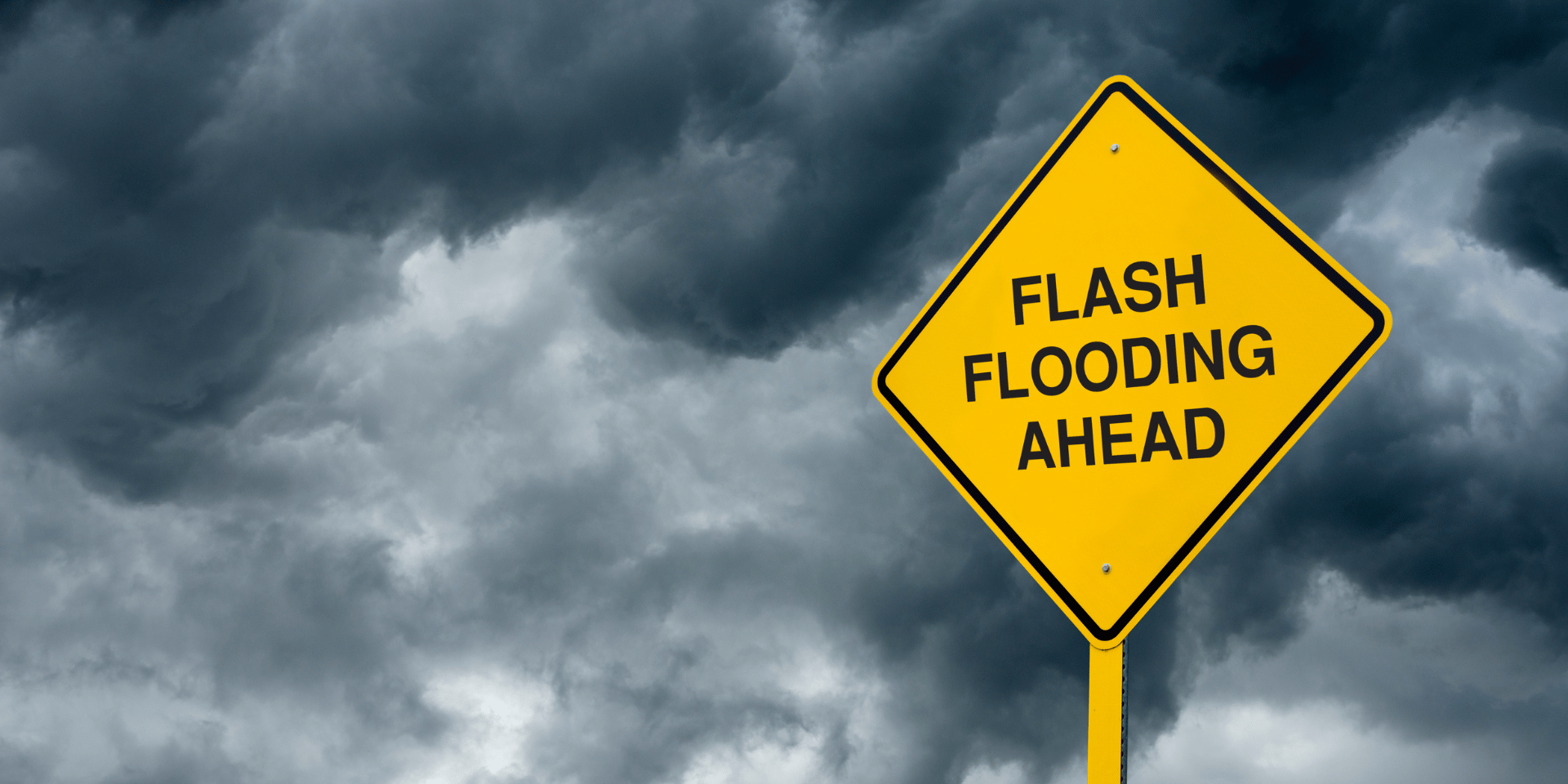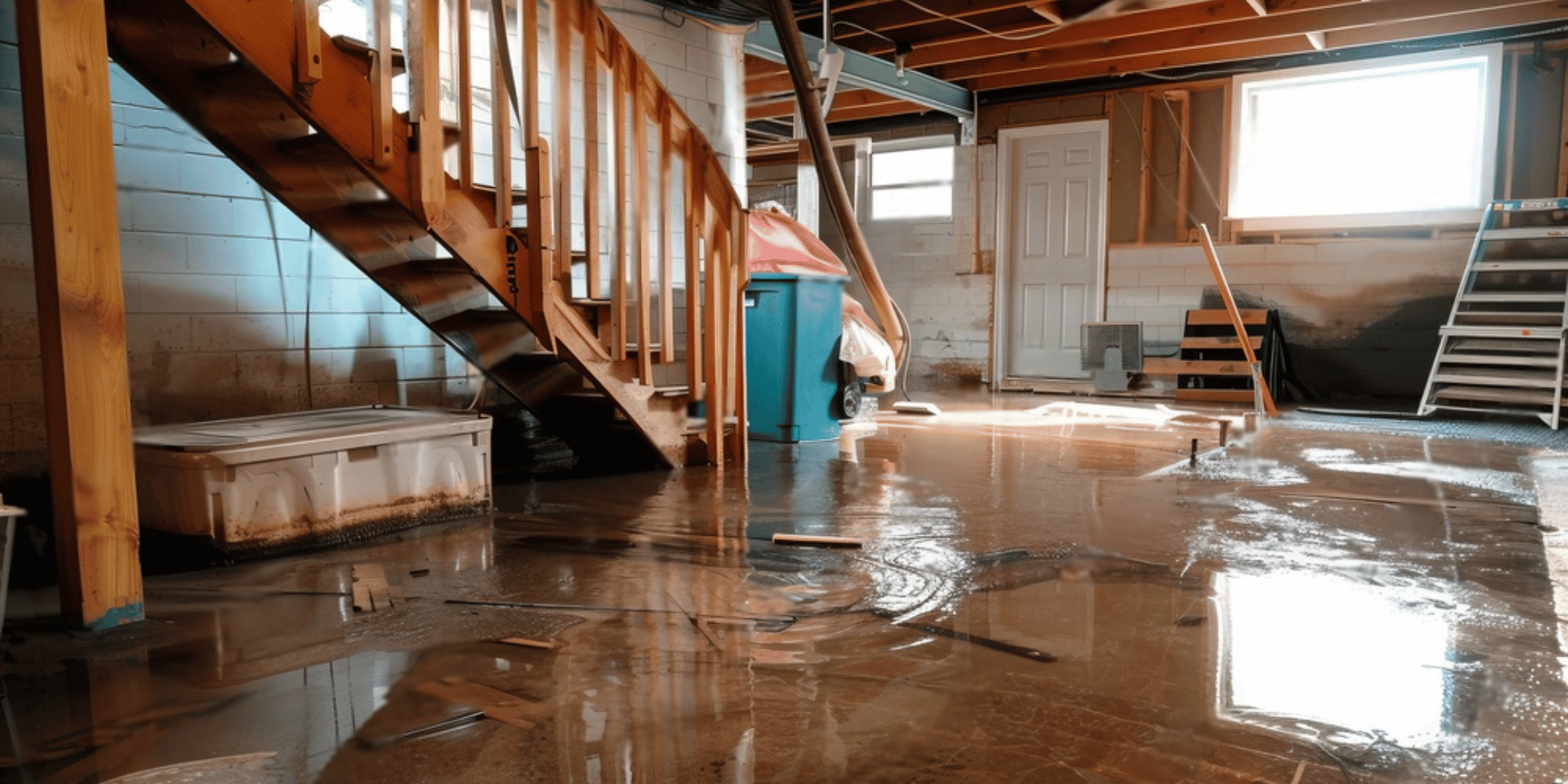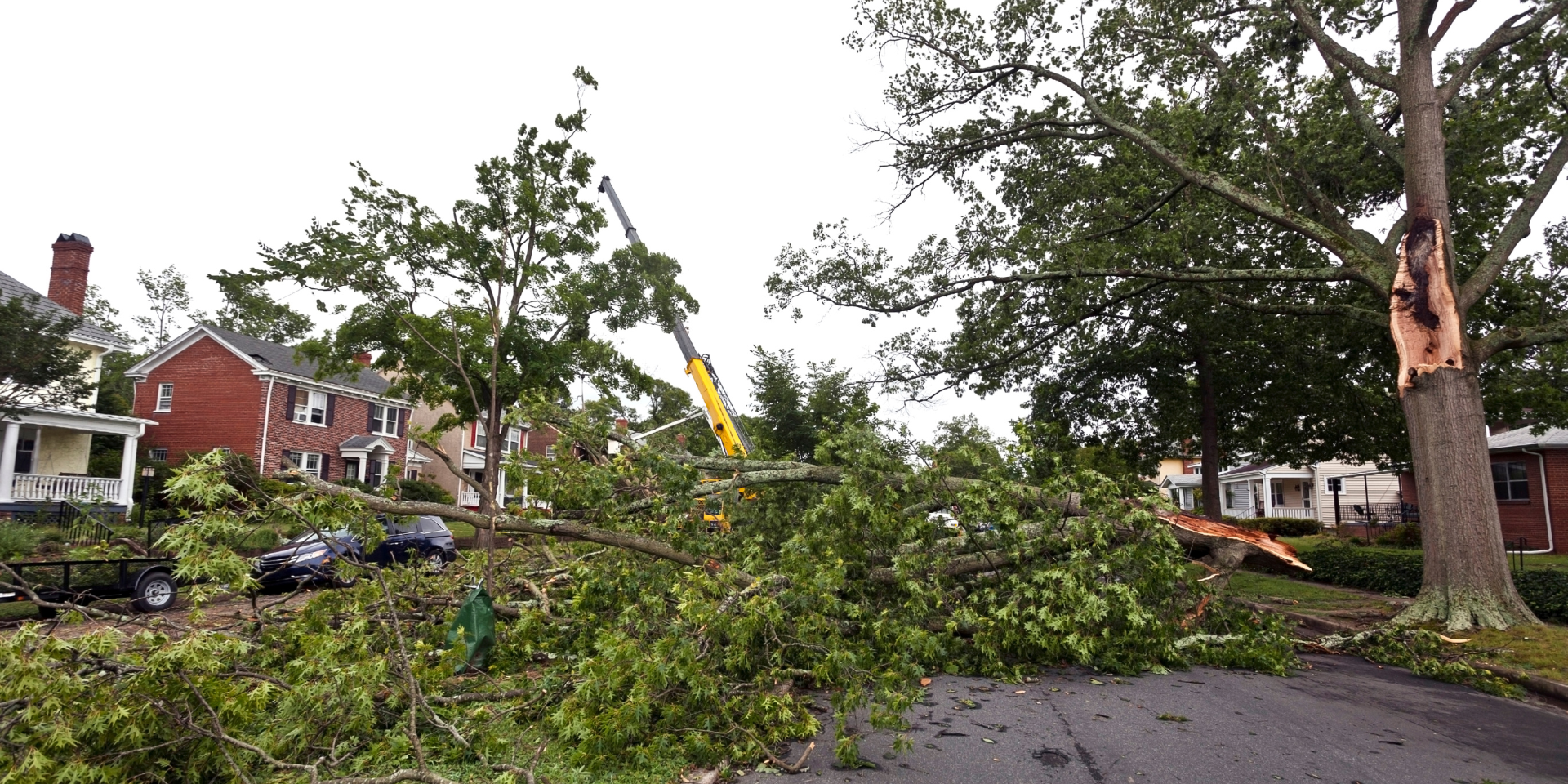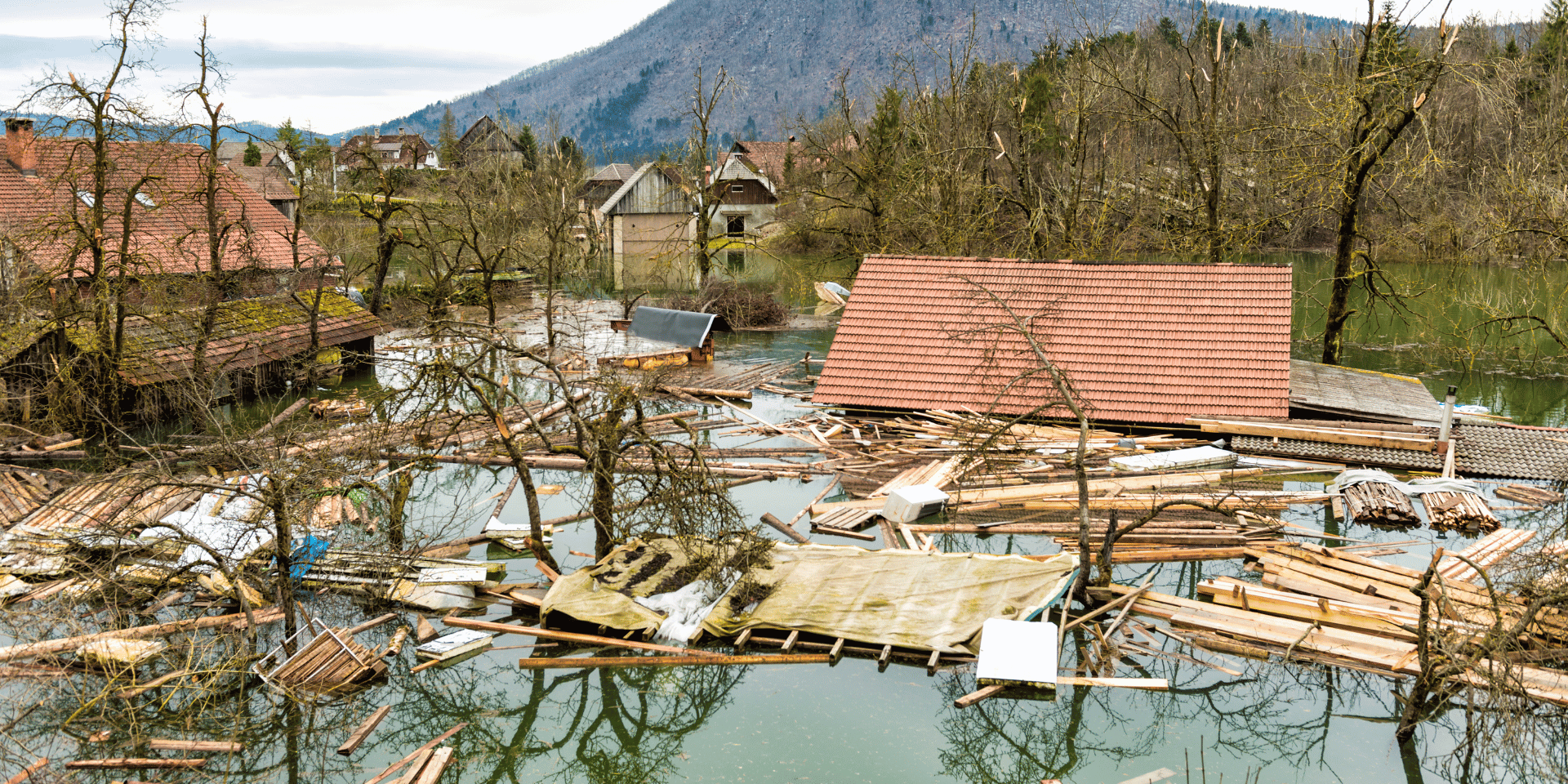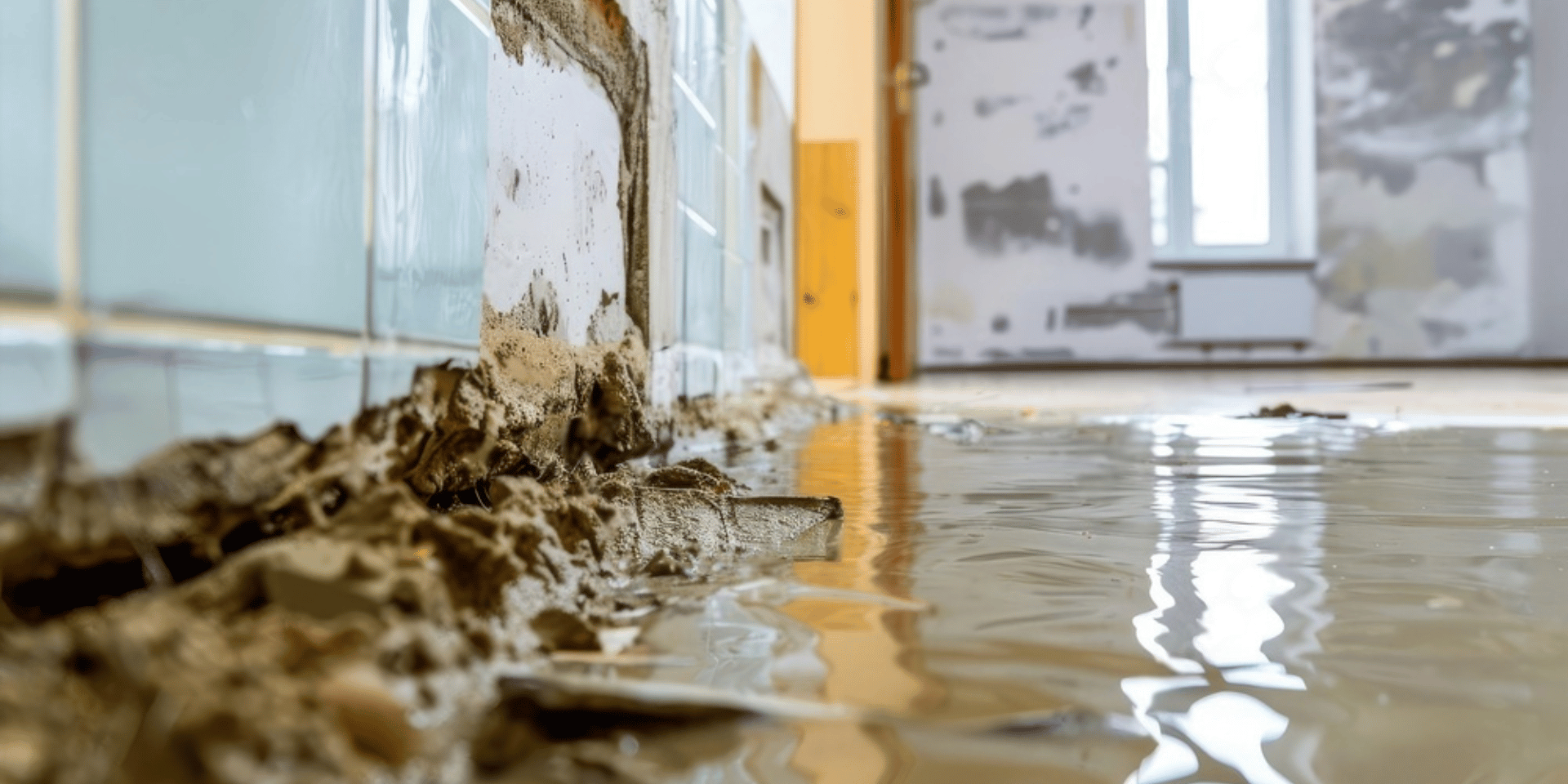Filing an insurance claim can be an overwhelming task, especially for homeowners who may not have experience navigating the complexities of the process. Unfortunately, mistakes made during this process can result in delayed payments, reduced settlements, or even denied claims. To help homeowners avoid these pitfalls, we’ve compiled a list of common mistakes and tips on how to avoid them.
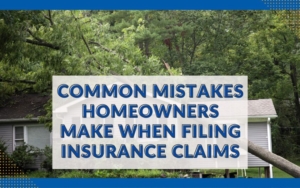
1. Not Understanding the Policy Coverage
One of the most significant mistakes homeowners make is not fully understanding their insurance policy. Homeowners need to know what is covered and what is not. Policies often have specific exclusions and limitations that can impact the outcome of a claim. For example, many standard homeowners’ insurance policies do not cover flood damage, requiring a separate flood insurance policy. Failing to recognize these details can lead to unpleasant surprises when filing a claim.
Tip: Review your policy annually and discuss it with your insurance agent to ensure you understand your coverage. Make any necessary adjustments to match your current needs.
2. Failing to Document Damage Properly
Proper documentation is crucial when filing an insurance claim. Homeowners often underestimate the importance of thoroughly documenting the damage. Insufficient evidence can weaken a claim, making it easier for insurance companies to undervalue or deny it.
Tip: Take comprehensive photos and videos of the damage from multiple angles. Include detailed notes describing the extent and specifics of the damage. If possible, gather receipts and records for damaged items to provide proof of value.
3. Delaying the Reporting of the Claim
Time is of the essence when it comes to filing an insurance claim. Many homeowners delay reporting the damage to their insurance company, thinking they have plenty of time. However, waiting too long can lead to complications, including the insurer questioning the validity of the claim or asserting that the damage worsened due to a lack of timely action.
Tip: Report the damage to your insurance company as soon as possible. Most policies require prompt reporting, so check your policy for specific time frames.
4. Not Mitigating Further Damage
After damage occurs, it is the homeowner’s responsibility to take reasonable steps to prevent further damage. Failing to do so can result in additional costs that the insurance company may not cover. For example, if a roof leak is not temporarily patched, leading to more extensive water damage, the insurer may refuse to pay for the additional damage.
Tip: Take immediate action to mitigate further damage. This might include tarping a leaking roof, shutting off water to a burst pipe, or boarding up broken windows. Keep receipts for any emergency repairs as these expenses may be reimbursable.
5. Providing Inaccurate Information
Accuracy is critical when providing information to your insurance company. Any discrepancies or inaccuracies can lead to delays or denial of the claim. This includes incorrect details about the damage, the value of items, or prior maintenance issues.
Tip: Double-check all the information you provide to ensure it is accurate and truthful. If you’re unsure about certain details, it’s better to seek clarification rather than guess.
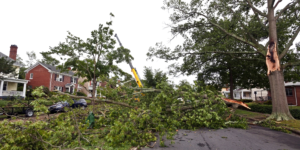
6. Signing Documents Without Understanding Them
Insurance claim documents can be complex and filled with legal jargon. Homeowners may feel pressured to sign these documents quickly without fully understanding them, which can lead to unfavorable outcomes.
Tip: Take your time to read and understand any documents before signing. If necessary, seek the advice of a public adjuster or an attorney to ensure you are making informed decisions.
7. Settling Too Quickly
After a loss, homeowners are often eager to settle their claim quickly to begin repairs. However, accepting the first offer from the insurance company might not always be in their best interest. Initial offers can sometimes be lower than what is needed to cover the full extent of the damage.
Tip: Take the time to thoroughly assess the damage and get multiple estimates for repairs. Don’t hesitate to negotiate with the insurance company if you believe their offer is too low.
8. Overlooking Additional Living Expenses
If a home is uninhabitable due to damage, many policies cover additional living expenses (ALE) such as hotel stays, meals, and other costs incurred while the home is being repaired. Homeowners often overlook this coverage, leading to out-of-pocket expenses.
Tip: Keep detailed records of all additional living expenses incurred due to the damage. Submit these expenses to your insurance company as part of your claim.
9. Not Seeking Professional Help
Navigating the insurance claim process can be complex, and many homeowners try to handle it on their own, which can result in mistakes and lost opportunities for fair compensation.
Tip: Consider hiring a public adjuster who can help you through the process. Public adjusters work on behalf of the policyholder, not the insurance company, and can help ensure you receive a fair settlement.
10. Failing to Keep Track of Communications
Throughout the claim process, there will be numerous communications between the homeowner and the insurance company. Failing to keep track of these communications can lead to misunderstandings and missed deadlines.
Tip: Maintain a detailed log of all communications with your insurance company, including phone calls, emails, and letters. Note the date, time, and key points of each conversation.
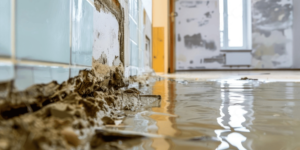
11. Not Having a Home Inventory
A home inventory is a detailed list of all the personal belongings inside your home, including their approximate value. Without this inventory, proving the value of your possessions in the event of a claim can be challenging, potentially resulting in lower compensation.
Tip: Create a home inventory, including photos, videos, and receipts of your belongings. Store this inventory in a safe place, such as a digital cloud service or a fireproof safe, and update it regularly.
12. Failing to Maintain Your Property
Regular maintenance of your property is crucial. Insurance companies expect homeowners to keep their homes in good condition. If damage occurs due to neglect or lack of maintenance, the insurance company may deny the claim.
Tip: Perform regular maintenance on your home, such as cleaning gutters, inspecting the roof for damage, and servicing HVAC systems. Document these maintenance activities to demonstrate your efforts to keep the property in good condition.
13. Cleaning Up Too Fast
After experiencing damage, the instinct to clean up quickly can be strong. However, cleaning up too fast can lead to the loss of valuable evidence needed to support your insurance claim.
Tip: Before starting the cleanup process, document all damage thoroughly with photos and videos. Keep damaged items until your insurance adjuster has inspected them. Only begin cleaning up after receiving approval from your insurance company.
14. Underestimating the Cost of Repairs
Many homeowners underestimate the actual cost of repairs and accept the insurance company’s initial offer without question. This can lead to insufficient funds to complete necessary repairs.
Tip: Obtain multiple repair estimates from licensed contractors to understand the true cost of repairs. Use these estimates to negotiate with your insurance company for a fair settlement.
15. Misunderstanding Policy Limits and Deductibles
Each insurance policy has specific limits and deductibles that affect the payout amount. Homeowners often misunderstand these terms, leading to confusion about the claim payout.
Tip: Review your policy to understand your coverage limits and deductibles. This will help you set realistic expectations for the claim payout and plan accordingly.
How JF Public Adjusters Can Help
At JF Public Adjusters, we have seen many cases of policyholders coming to us with incorrectly denied claims or claims that are grossly undervalued by insurance companies. Homeowners often lack the experience and expertise in mitigation, restoration, and construction necessary to negotiate a fair and equitable settlement. Our team of skilled professionals specializes in handling insurance claims, ensuring that you receive the compensation you deserve.
We thoroughly assess the damage, document all losses, and negotiate with your insurance provider on your behalf. By leveraging our expertise, you can avoid common mistakes and ensure your claim is handled correctly from start to finish. Don’t navigate the complexities of an insurance claim alone—contact JF Public Adjusters for a free claim review and consultation at (917) 272-8793 or visit our website. We’re here to help you get the settlement you need to restore your home and peace of mind.
By avoiding these common mistakes and seeking professional assistance when needed, homeowners can navigate the insurance claim process more effectively and ensure they receive the compensation they deserve.
GET IN TOUCH!
The Leading Property Damage Experts Are Here To Help
CONTACT NEW YORK’S HIGHEST RATED PUBLIC ADJUSTER IMMEDIATELY BY CALLING OUR OFFICE OR BY COMPLETING THE FORM.
CALL US FOR FREE



